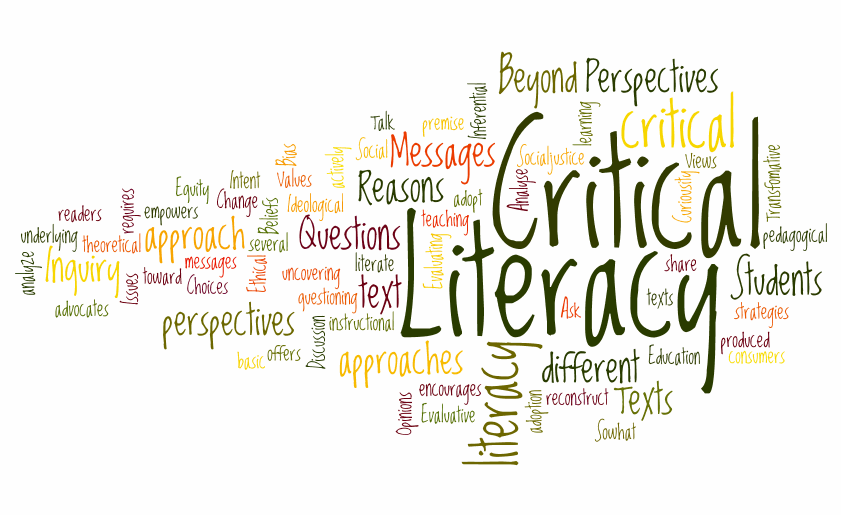Critical Reflective Teaching
- Kaitlynn
- Nov 22, 2018
- 3 min read
Becoming a critical reflective teacher means to reflect on your actions and to question the status quo, your own beliefs and your assumptions in order to grow as a teacher and further your pedagogy.
In order to become a critical reflective teacher, one must make time for daily reflections on their actions in the classroom. For example, “did I respond to a student about their behaviour in the most effective way? Did I react to a dilemma in the best way possible? How could I have approached this situation differently that would have created a more desirable outcome?”. Reflecting on day-to-day activities will allow one to continuously improve their teaching approaches, their pedagogy, and gives one more meaning to teaching as well (Larrivee, 2000, p. 297).
Another way to be a critical reflective teacher is to challenge the status quo and your own personal beliefs. The way we react and respond to different situations is influenced by our past experiences, our assumptions and personal feelings (Larrivee, 2000, p. 300). For in the classroom, this could mean evaluating the expectations we have for our students and discover any biases we may possess. It is great to reflect on the way we think about our students because often without knowing, we have prejudged opinions on our students’ abilities. This could be due to what we’ve heard from other teachers, could be a judgement based on the student’s motivation or home life, on their performance in other classes, or on what is written in their past evaluations or IEPs. It is important to check in on our beliefs to ensure that we are assessing and evaluating each student fairly. We need to ask ourselves, ‘do we give each student the same opportunities for learning, or is our opinion of them restricting their success?’.
My experiences:
As a Teacher Candidate, while on practicum, I noticed my Associate Teacher and I occasionally differed in how we marked certain students. My AT had previously taught many of her current students, and already had a predetermined opinion on their work ethic and abilities before we had given them any opportunities to show what they could do. With one assignment, we both used the same rubric to mark the same students, and then compared our grades for them. With one student in particular, I had given mostly level 3s and a couple level 4s for the various expectations we were evaluating. My AT had given mostly level 2s and a couple level 3s for the same student. Since the marking scheme had elements of subjectivity, it was hard to argue against what my AT had suggested for grading. However, I had learned afterwards that this student had much lower grades the previous year, and was on an IEP that suggested she had difficulty with reading and writing. This made me wonder if her marks for this student were primarily based on what she thought the student would be able to do before they produced any work. My AT had also made comments about how the students’ academic abilities had not changed for years, and that she could write their report cards without needing any other work from them. With all of this said, I do not believe my AT had any ill intent by saying these things. She cared extremely for her students and wanted them to do well. However, I believe it may be due to her past experiences with these same students that have had an impact on her perspective of their potential, and which then may hinder or restrict their ability. As a result, in order to avoid any possible bias from affecting the way we evaluate students, we need to look at our opinions from a different perspective.
So, how can critical reflection contribute to building one’s unique pedagogy? I believe that not only is this critical reflection imperative for building on instructional strategies and improving one’s response to difficult situations, but it is necessary for creating a classroom where students can experience, think critically for themselves, analyze and question. Our own critical reflection will help us build on our pedagogy, open our minds so that we can adapt to the world around us, and prepare our students for the unknown. We can teach our students to critically reflect on their own learning, perspectives, and experiences, which will help them grow as well. Critical reflection is beneficial for educators, but also for everyone else. Creating our own unique pedagogies could not be possible if we are not continuously reflecting on our actions, thoughts, and the world around us.
References:
Larrivee, B. (2000). Transforming teaching practice: Becoming the critically reflective teacher. Reflective Practice, 1(3), 293-307.


Hi Kaitlynn!
Awesome blog post! I think you made some very good points about critical reflection, especially on how it is useful not only for teachers as reflective practitioners but for everyone else, too. I am a strong believer in integrating reflection in the classroom for students as well. I think this can foster metacognition and autonomy. Journaling, which is a tool for reflection, can help them organize their thoughts and become more introspective. Promoting reflection and critical thinking for ourselves, in our classroom and in our lives will improve everyone's analytical abilities, and subsequently our values and awareness of inequalities and biases.
For teachers, as per Larrivee's article, if we do not engage in reflection, we can get stuck…